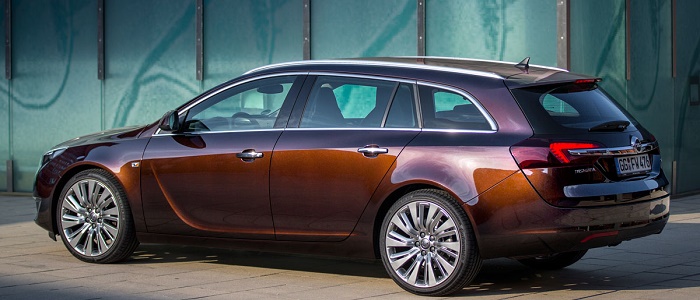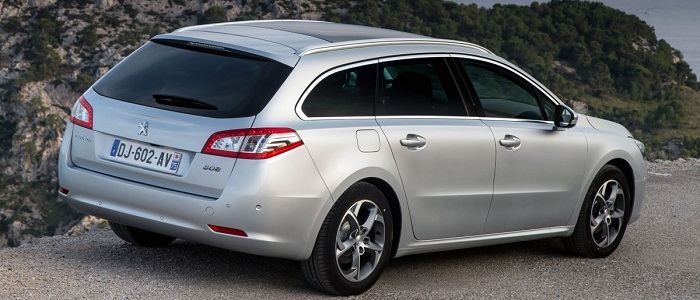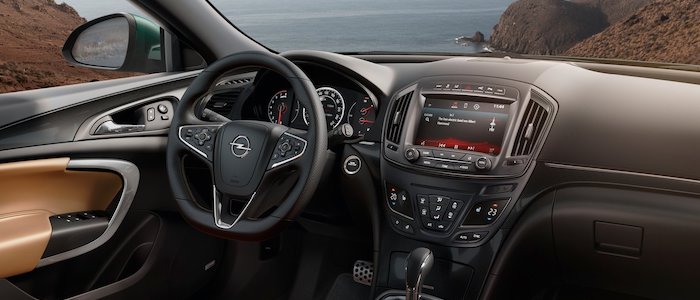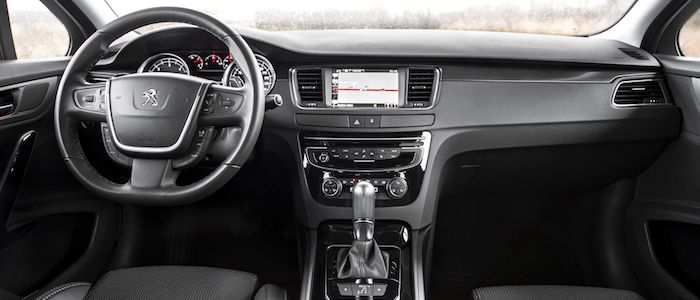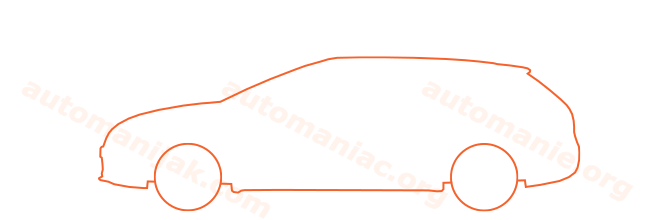Compare two cars
Compare any two cars and get our Virtual Adviser™ opinion
Dimensons & Outlines
Check vehicle history
Engine
1.6 B16DTJ
Performance (manual gearbox)
Performance (automatic gearbox)
Expenses
Virtual Adviser's™ opinion
Well, these are two pretty similar cars we have here! It's only details that could potentially make the difference. Considering they both belong to the large family car segment and utilize the same 5-door wagon body style and the front wheel drive system, it all comes up to the specific diesel engine choice they offer. The first one has a General Motors-engineered powertrain under the hood, a 4-cylinder, 16-valves 120hp unit, while the other one gets its power and torque from a 4-cylinder, 8-valves 120hp engine designed by Peugeot.
SafetyThe first thing to look into here would be the results from European New Car Assessment Programme (Euro NCAP) tests performed on the two cars. Good thing is that both vehicles got tested, with the same number of safety stars gained in the process. Moving further on, let's take a closer look at some additional safety-related facts. Both vehicles belong to the large family car segment, which is generally a good thing safety-wise, but that fact doesn't break the tie between the two cars. Furthermore, taking kerb weight as an important factor into account, the German car offers a considerable difference of 13% more metal.
ReliabilityReliability is not the best thing to consider on the make level, but it is worth mentioning that Peugeot does have a slight advantage, at least on all of the models level. These are the results of an independent reasearch, while our visitors describe reliability of Opel with an average rating of 4.2, and models under the Peugeot badge with 4.3 out of 5. The same official information place Insignia as average reliability-wise, and 508 is more or less at the same level.That apart, owners of different cars powered by the same engine as the German car rank it on average as 3.0, while the one under the competitor's bonnet gets 4.3 out of 5.
Performance & Fuel economyPeugeot is a bit more agile, reaching 100km/h in 0.8 seconds less than its competitor. In addition to that it accelerates all the way to 197 kilometers per hour, 7km/h more than the other car. When it comes to fuel economy things look pretty much the same for both cars, averaging around 4.3 liters of fuel per 100 kilometers (66 mpg), in combined cycle.
Verdict
Peugeot appears just a bit more reliable, although the difference is truly marginal. The most important thing when deciding between any two vehicles should always be safety, both passive and active. In my opinion, everything taken into account, the German car offers significantly better overall protection, taking the lead here. From there things take a different direction, with Peugeot being considerably quicker, thus putting more smile on driver's face. To make things even better, it consumps less fuel! I believe that, when we take all into account, we have only one winner here - the Peugeot. In any case that's my personal view, built upon all the data available to me. What should decide here though is the way you feel about the two vehicles, and I hope you'll find my guidelines useful in the process. I suggest you spend two more minutes in order to find out which car, based on your needs and budget, would be picked by the virtual adviser™, among more than 12.000 different ones in our database.
Related articles
Autonomy... Not exactly the most popular word in Europe these days. Nevertheless, to us who each year fill our cars with children, 7 suitcases, bags full of who-knows-what, and one beach-set per child, heading towards warmer places, autonomy plays an important...























